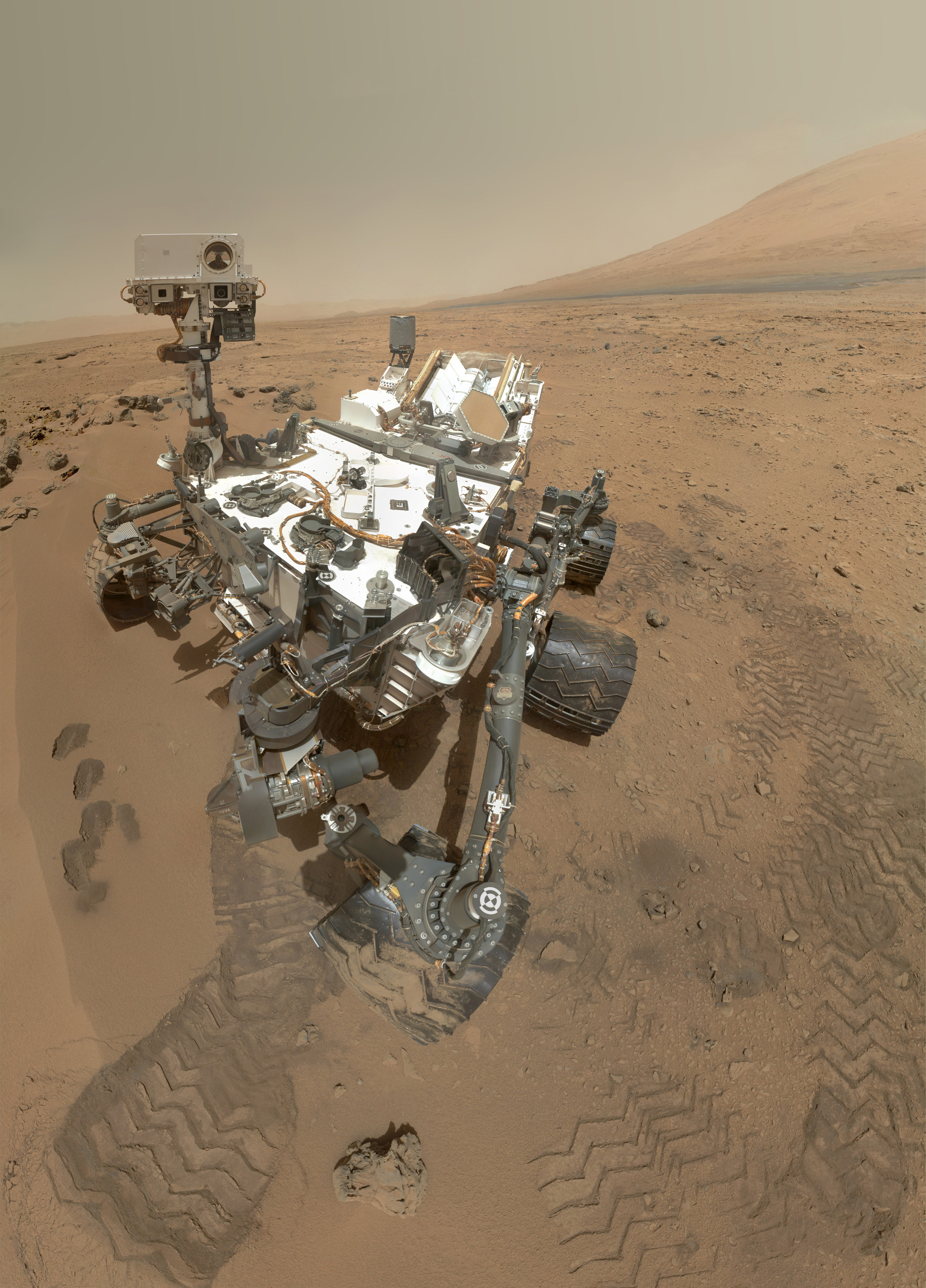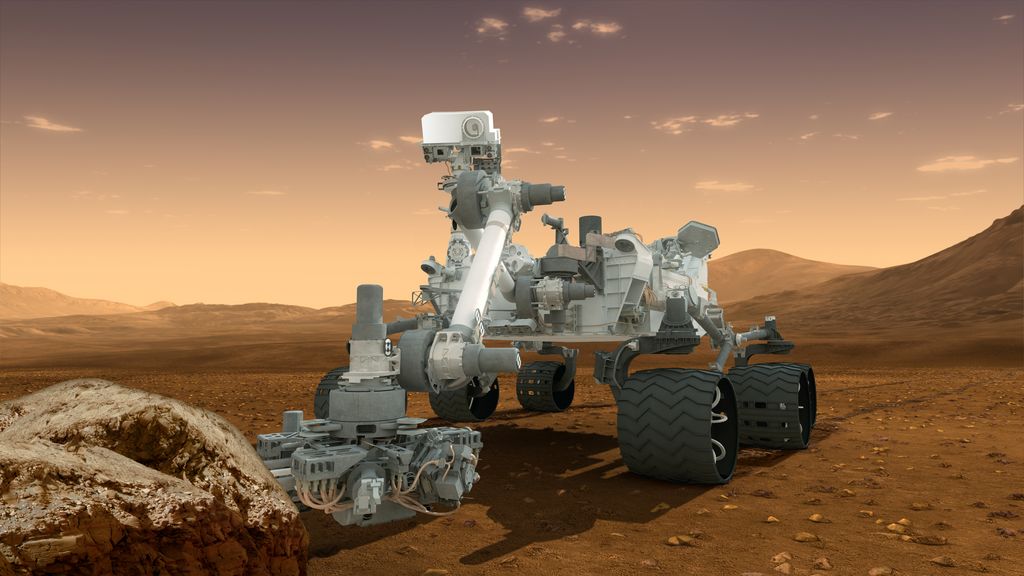No Earth-Shattering Mars Discovery by Curiosity Rover Yet: NASA

Contrary to rampant speculation, NASA's Mars rover Curiosity has not made an earth-shaking find just a few months into its Red Planet mission, agency officials said today (Nov. 29).
Rumors of a big discovery began swirling earlier this month, after an NPR story quoted Curiosity chief scientist John Grotzinger as saying that the rover's Sample Analysis at Mars (SAM) instrument had recently gathered data "for the history books."
SAM is capable of identifying organic compounds, the carbon-containing building blocks of life as we know it. So many people assumed that Curiosity had detected organic compounds in the Martian soil.
But that's not the case, officials said.
"Rumors and speculation that there are major new findings from the mission at this early stage are incorrect," officials at NASA's Jet Propulsion Laboratory (JPL) in Pasadena, Calif., which manages Curiosity's mission, wrote in a mission update today. "At this point in the mission, the instruments on the rover have not detected any definitive evidence of Martian organics."
Grotzinger, who is a geologist at Caltech in Pasadena, and several other members of the Curiosity team will hold a press conference Monday (Dec. 3) at the annual fall meeting of the American Geophysical Union in San Francisco.
Don't expect a bombshell announcement.
Get the Space.com Newsletter
Breaking space news, the latest updates on rocket launches, skywatching events and more!
"The news conference will be an update about first use of the rover's full array of analytical instruments to investigate a drift of sandy soil," JPL officials wrote.
The $2.5 billion Mars rover Curiosity landed inside Mars' huge Gale Crater on Aug. 5, kicking off a planned two-year mission to determine if the Red Planet could ever have supported microbial life. SAM is just one of 10 science instruments Curiosity carries to help it in its quest, along with an array of 17 cameras.
Curiosity scientists are currently scouting out potential targets for the first use of the rover's drill, which can bore 1 inch (2.5 centimeters) into solid rock. The six-wheeled robot has already analyzed scooped-up soil samples with SAM and another instrument on its body known as CheMin.
While no huge news is apparently in the offing on Monday, NASA has high hopes for Curiosity and its mission.
"The mission already has found an ancient riverbed on the Red Planet, and there is every expectation for remarkable discoveries still to come," JPL officials wrote.
Follow SPACE.com on Twitter @Spacedotcom. We're also on Facebook & Google+.

Join our Space Forums to keep talking space on the latest missions, night sky and more! And if you have a news tip, correction or comment, let us know at: community@space.com.

Space.com is the premier source of space exploration, innovation and astronomy news, chronicling (and celebrating) humanity's ongoing expansion across the final frontier. Originally founded in 1999, Space.com is, and always has been, the passion of writers and editors who are space fans and also trained journalists. Our current news team consists of Editor-in-Chief Tariq Malik; Editor Hanneke Weitering, Senior Space Writer Mike Wall; Senior Writer Meghan Bartels; Senior Writer Chelsea Gohd, Senior Writer Tereza Pultarova and Staff Writer Alexander Cox, focusing on e-commerce. Senior Producer Steve Spaleta oversees our space videos, with Diana Whitcroft as our Social Media Editor.









